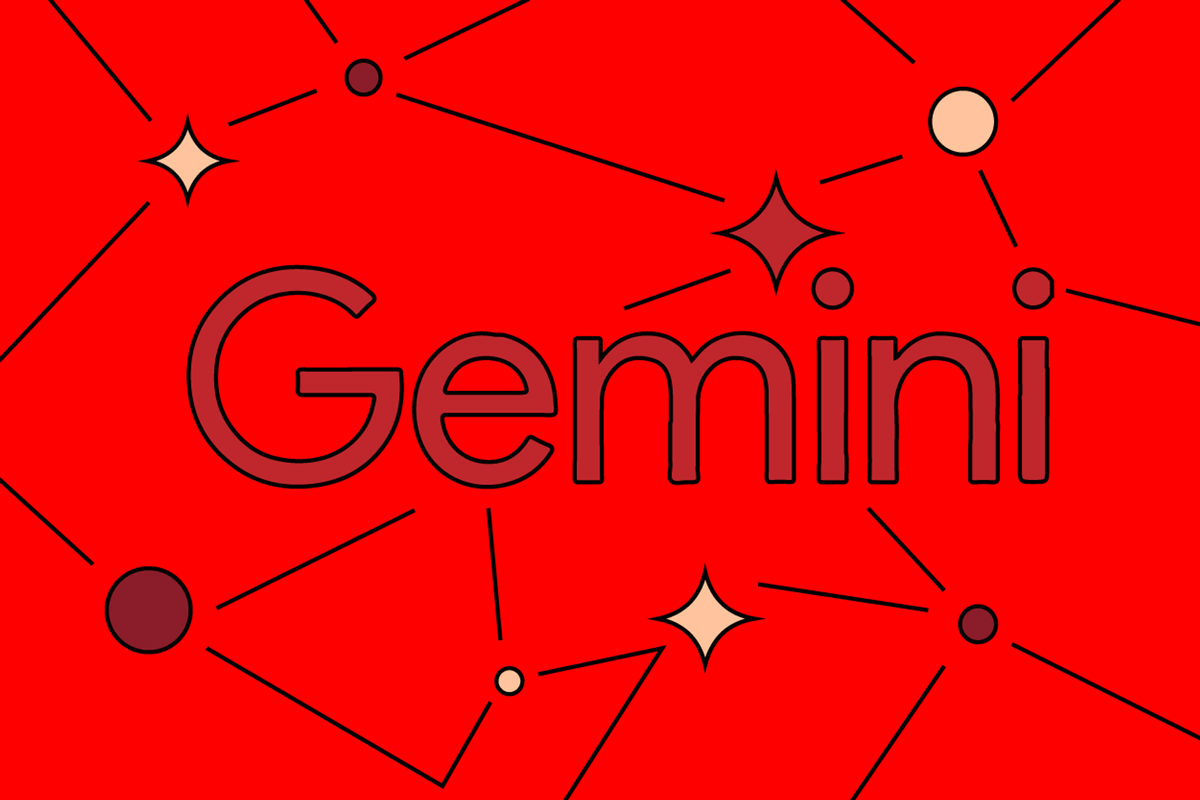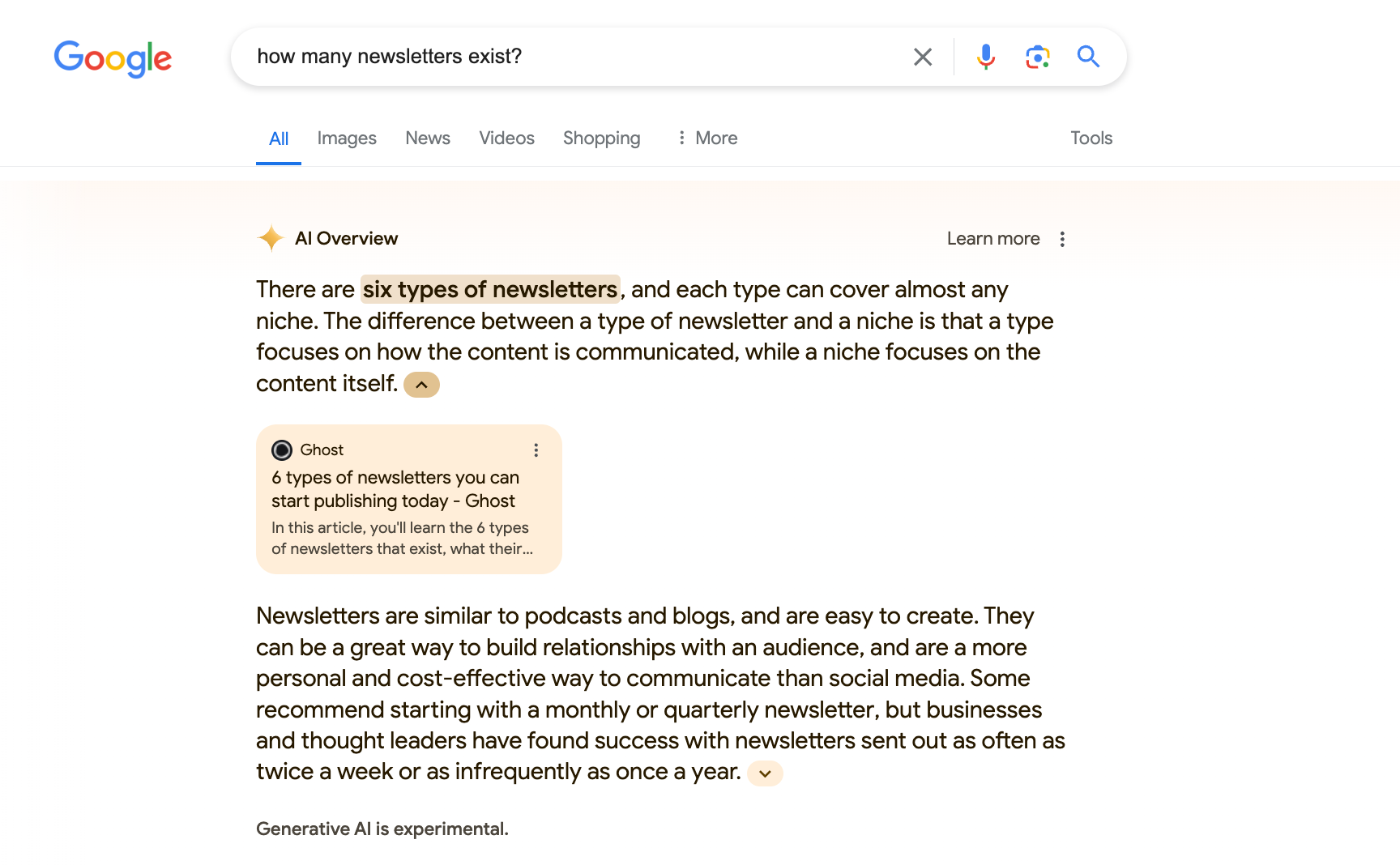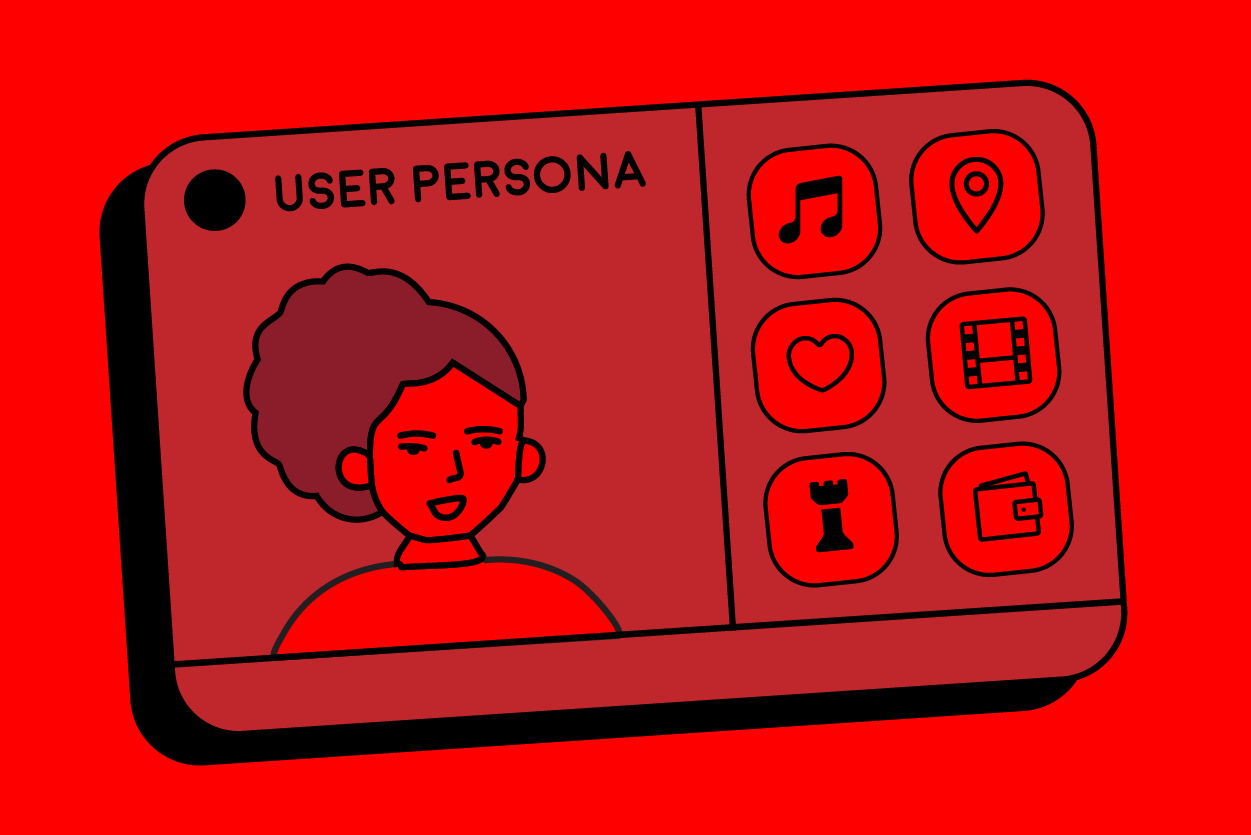Substack’s Big Moment Meets Subscription Fatigue
Star journalists are flocking to Substack for editorial freedom and income, but readers face growing subscription overload – raising questions about how long the newsletter boom can last.
Google is the most dominant force in internet searching, and, as one can imagine, this integration has profound implications for publishers, creators, and the broader digital ecosystem.

Recently, there have been technological shifts, and as platforms emerge, there's a significant shift in how information is delivered and consumed. One of the most important developments is Google integrating AI-generated answers into search engine results. Google is the most dominant force in internet searching, and, as one can imagine, this integration has profound implications for publishers, creators, and the broader digital ecosystem.

Google has initiated the deployment of AI-generated answers, a technology that revolutionizes user experience by providing instant and direct responses to their queries. While this is undoubtedly a boon for users, it poses a significant threat to publishers and creators. These entities heavily rely on Google search traffic, and with Google's new AI pushing links and websites to the bottom of the page, the visibility of publishers is at stake.
Google's new AI feature works by providing users with answers to their queries, and it will often paraphrase content from websites. However, Google usually does not attribute where the resources came from for the answer, not giving publishers the credit they deserve. Publishers' survival is at stake, as research predicts that there will be significant drops in search traffic referrals to websites, potentially resulting in the loss of billions of dollars for web publishers and creators. Publishers and creators depend on website traffic to make a living, and even though Google's feature is still new and changing, bloggers and review sites are already experiencing significant drops in traffic. This is primarily due to Google's new AI answers. Some experts have argued that this substantial shift in the internet will boost Google's control over the internet and further centralize the flow of information.

There are also some legal and ethical concerns regarding integrating AI-generated content with Google. One of the most significant concerns is tech companies scraping web content to train AI models without compensating or asking permission from the original creators. This is neither legal nor ethical, considering that it undermines original content creators' work and raises various questions concerning intellectual property rights and fair use.

Although Google has largely avoided using AI answers for commercial searches with ads so far, there has been growing concern that websites may be forced to buy ads to maintain top positioning. This offers concerns for many publishers since it could create an uneven playing field, favoring large corporations and businesses that can afford to pay for visibility. Smaller publishers, bloggers, and independent creators who may not have extensive advertising campaigns could see their organic search traffic diminished.
As we continue to adjust to emerging technology and advancements in AI, publishers must understand how to navigate the landscape. In light of Google's integration of AI-generated responses, publishers must remain vigilant and flexible in response to ongoing changes. To mitigate potential impacts, they should consider diversifying their sources of traffic, exploring alternative platforms, and advocating for fair use policies.